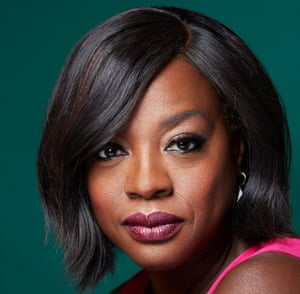
I’m hopping on my soap box for a brief minute because there’s something that needs to be said and I’m going to say it.
There’s a narrative that needs to be changed where it pertains to the “strong black woman.”
Melissa V. Harris-Perry describes the Strong Black Woman as this:
By its idealized description, black women are motivated, hardworking
Stronger: an examination of the effects of the strong black woman narrative through the lifespan of african american women
breadwinners who suppress their emotional needs while anticipating those of others. The strong Black woman serves as a constructive role model because Black women draw encouragement and self-assurance from an icon able to overcome great obstacles. She offers hope to people who often face difficult circumstances.
Here’s the thing.
It doesn’t matter how strong a woman is – when she experiences periods of pain, hurt, or rejection she doesn’t need anyone telling her:
I know you’ll get over because you’re a strong woman.
Or when she feels the weight of the world on her shoulders and you look on and say:
It doesn’t matter, you’ll be alright.
Yes, she will eventually overcome that period but in that moment she doesn’t care.
Statements like those forces the strong woman to suffer in silence, to cry alone in her bed at nights because that shoulder isn’t there for her to lean on.
The strong woman wants to be comforted for a change, as a matter of fact it’s not even a want, it’s a necessity.
I can almost hear you thinking, but she’s strong because she wants to be!
Nah, she’s strong because she has to be.
And that should never happen.
No one wants to continuously exhibit strength in their moment of vulnerability.
And expecting her to be strong all the time drains her emotionally.
It overwhelms her.
It sucks her dry.
In her time of need, she needs some down time to refuel her strength.
Whether you’re her friend or her partner, if you treat her right, it gives her the space and the privacy needed to restore her strength.
So if she tells you she’s broken, don’t take it for granted.
Help her. Give her space to deal in her own way but be there for her as well.
What she needs in that moment is to hear you say: baby girl, I’m here for you. If you need to cry, hold your belly and bawl, scream and make a lot of noise, I’m here.
And I will be here with you to help you pick up the pieces so you can move on.
Don’t let her suffer in silence.
Fortunately, there are some simple solutions to help change the narrative:
- Re-frame your thinking on who or what a strong woman represents; don’t see her only as a woman, she is also a human being, capable of hurt and all that comes with it.
2. Understand there is strength in being vulnerable. Encourage her to let loose a little. Let her feel the vulnerability that comes in not being strong all the time.
3. Allow her to cry without being seen as weak.
And if you’re a strong woman in need of some shoulders to cry on do the following:
Don’t suffer in silence. Get some support from someone, anyone. Your mental health is no joke. It’s something that’s not talked about much in the black community but don’t hesitate to get it if you feel you can’t cope on your own.
Have faith it will get better. I’m a woman of strong faith and believe that God has a better plan for me and my life. My current pain and circumstances prevent me from seeing the light that’s somewhere out of my line of sight but I know that He’s there for me.
Take some time for you. In your moment of crisis, you may still feel obligated to take care of everyone and their family cat, but you really don’t have to. Do something for yourself that gives you peace. Take up a new hobby. Learn a new skill. Or help out in a charity. Do things that will keep you occupied yet offer a sense of calm and peace.
If you have a strong black woman in your life: look out for her, especially if you know that she is experiencing a moment of vulnerability in her personal life.
Don’t leave her stranded.

